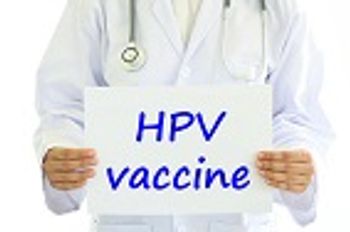
Researchers recently utilized Twitter user data to discern public opinions on the human papilloma virus (HPV) vaccine, with surprising results.

Researchers recently utilized Twitter user data to discern public opinions on the human papilloma virus (HPV) vaccine, with surprising results.
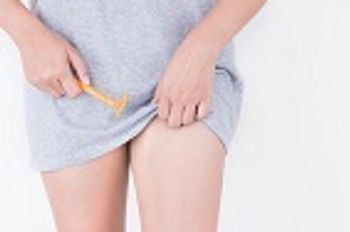
UC San Francisco researchers have found a link between pubic hair grooming and sexually transmitted diseases.
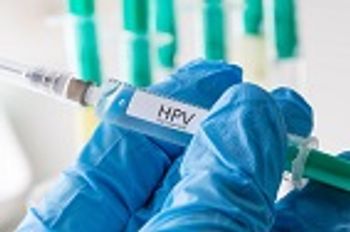
Despite the Centers for Disease Control and Prevention's recommendation that the human papillomavirus (HPV) vaccine be routinely given to adolescents and young adults, administration rates for the vaccine are still low.
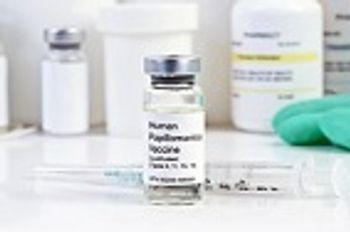
Changes in strain prevalence indicate that the existing 9-valent HPV vaccines may offer some protection against an additional high-risk strain that is not included in the vaccine (strain 31), potentially due to antigenic similarities with other strains.

The new Centers for Disease Control and Prevention (CDC) recommendations call for a revised dosing schedule.
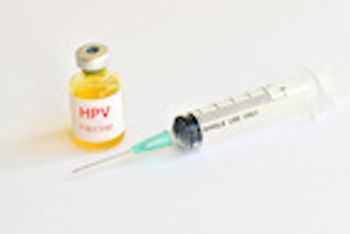
In the 10 years since the human papilloma virus (HPV) vaccine first became available, a series of new studies have come out showing just how effective the virus really is and how HPV vaccination rates can be improved in adolescents.
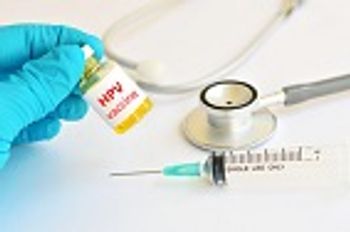
A new study found that parents are more likely to support making human papillomavirus (HPV) vaccinations mandatory for school enrollment, if they are able to opt-out.
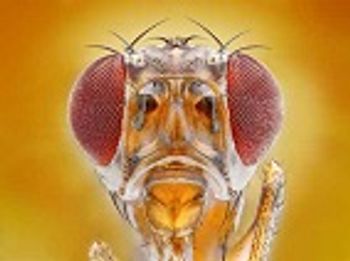
By using a fruit fly model of human papillomavirus (HPV) induced human cancer, a team of researchers from the University of Missouri hope to better understand the mechanism that allows HPV to cause cancer as well as identify therapies that can potentially treat HPV-induced cancers.
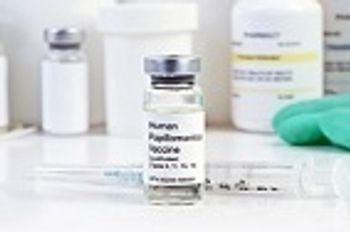
A new study found that girls between 9 and 14 years of age who received a two-dose HPV-16/18 AS04-adjuvanted vaccine over a 6 or 12-month period of time are just as protected from HPV as girls between 15 and 25 years of age who received a three-dose vaccine over the course of 6 months.
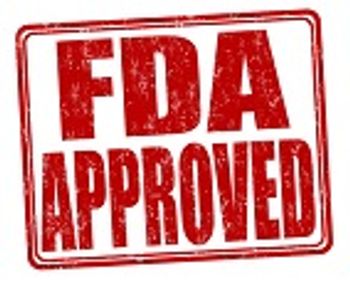
The US Food and Drug Administration (FDA) just approved the first test to detect human papillomavirus (HPV) using specific samples.
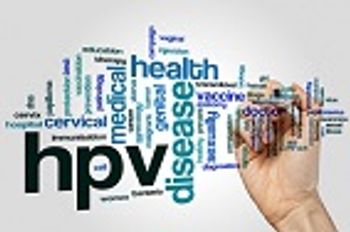
A recent review focuses on the biology of human papillomaviruses, their associated burdens, and the clinical data available on HPV vaccine efficacy.
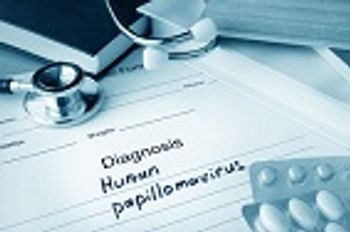
A recent study has shown that stress and depression in adolescent females are linked to human papillomavirus (HPV)-related health problems—in particular, whether the viral infection persists long enough to increase the risk of cervical cancer.

The risk of oral HPV infection significantly increases among men who recently engaged in oral sex, but not among women.

Approximately 10% of women diagnosed with high risk human papillomavirus (HPV) develop cervical cancer.

A recent study demonstrates the first evidence of the national impact of the HPV vaccine among females in their 20s.